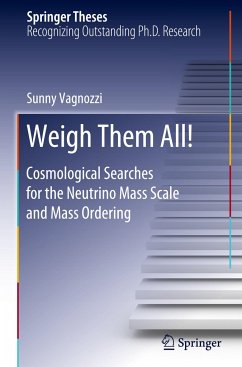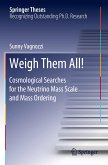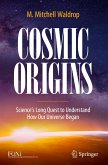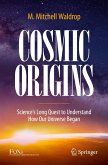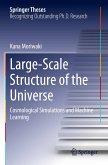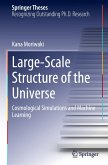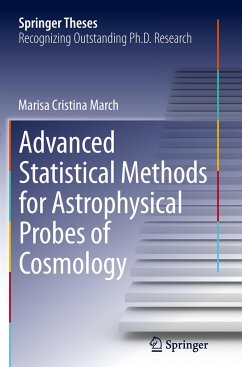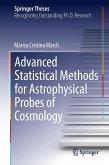The three neutrinos are ghostly elementary particles that exist all across the Universe. Though every second billions of them fly through us, they are extremely hard to detect. We used to think they had no mass, but recently discovered that in fact they have a tiny mass. The quest for the neutrino mass scale and mass ordering (specifying how the three masses are distributed) is an extremely exciting one, and will open the door towards new physics operating at energy scales we can only ever dream of reaching on Earth. This thesis explores the use of measurements of the Cosmic Microwave Background (the oldest light reaching us, a snapshot of the infant Universe) and maps of millions of galaxies to go after the neutrino mass scale and mass ordering. Neutrinos might teach us something about the mysterious dark energy powering the accelerated expansion of the Universe, or about cosmic inflation, which seeded the initial conditions for the Universe. Though extremely baffling, neutrinosare also an exceptionally exciting area of research, and cosmological observations promise to reveal a great deal about these elusive particles in the coming years.
Bitte wählen Sie Ihr Anliegen aus.
Rechnungen
Retourenschein anfordern
Bestellstatus
Storno

